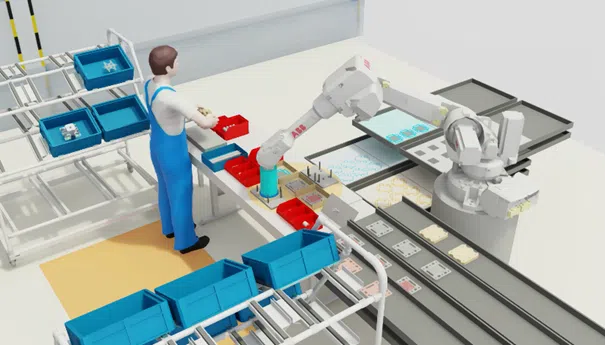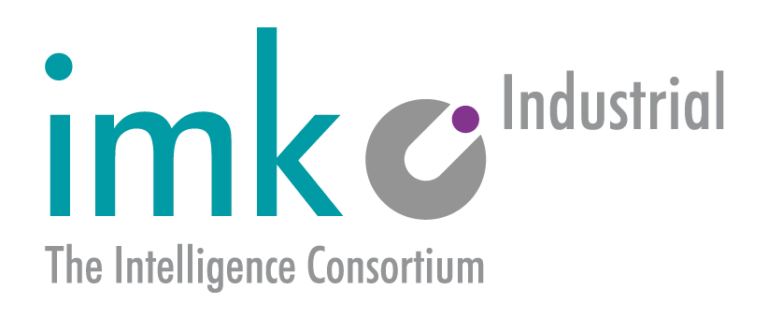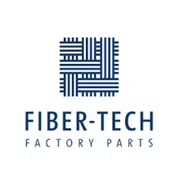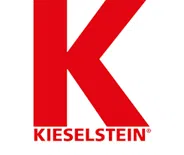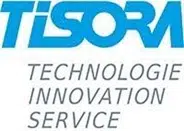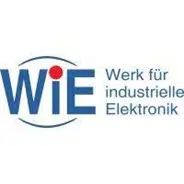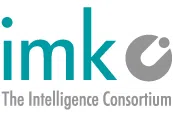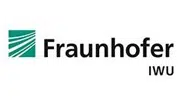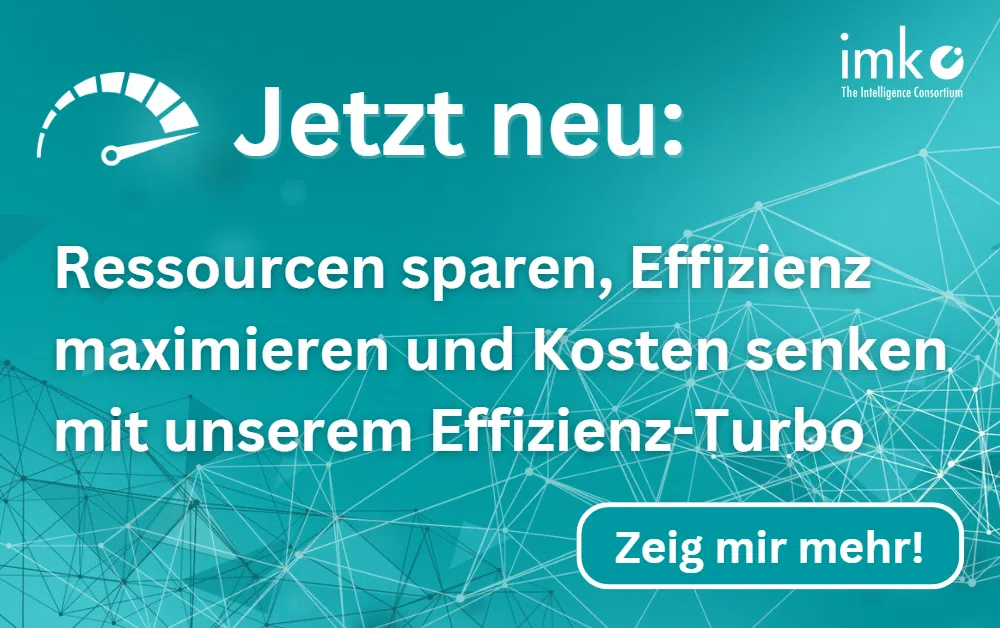Overview
Overall project:
Development of a dual stacking concept and hydrogen-free test scenarios as a basis for the provision of future required quantities of FC stacks
imk sub-project:
In sub-project TP11, imk is developing digital planning methods for the planning and adaptation of repair and disassembly processes in collaboration between humans and robots.
Grantor:
RUBIN - Regional Entrepreneurial Alliances for Innovation, funded by the BMBF
Funding code:
03RU2U021K
Term:
01.08.2023 - 31.07.2026

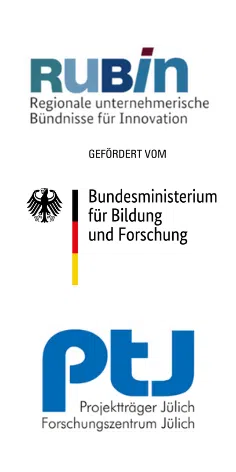
Motivation
High production costs are currently preventing the widespread use of fuel cells in vehicles and other applications. The fuel cell stack in particular, in which electrical energy is generated by the reaction of hydrogen and oxygen, represents a significant cost factor. The use of cheaper materials, higher power density and efficient series production could significantly reduce production costs. At the same time, repair and subsequent dismantling must be taken into account in order to develop sustainable products and reduce costs over the entire life cycle.
Aim of the project and project content
The regional alliance "DuSwaP" brings together 14 partners in Saxony to develop innovative solutions along the entire value chain of fuel cell stack production. From automated stacking, process monitoring and low-hydrogen testing to the disassembly and repair of stacks, DuSwaP relies on pioneering technologies to reduce costs and accelerate time to market.
One focus is on the dismantling and repair of defective or old fuel cell stacks. The aim is to create a universal, machine-compatible solution that repairs defective stacks efficiently and cost-effectively or completely dismantles them and returns them to the material cycle. Particular emphasis is placed on the economical and ergonomic design of the dismantling areas and workstations in order to be able to react flexibly to changing production volumes.
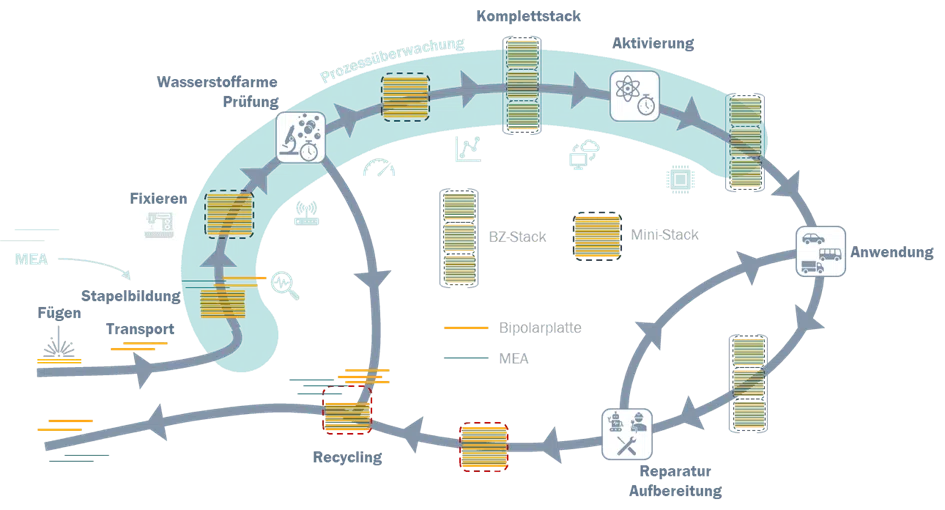
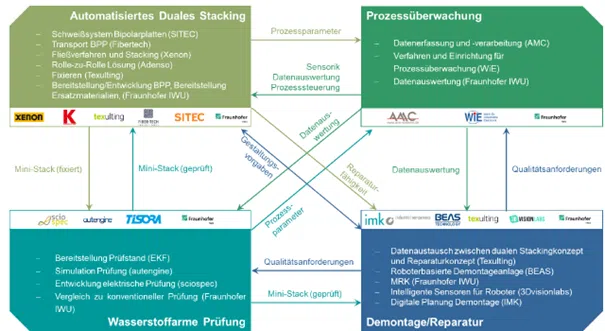
Research focus imk
As part of the sub-project TP 11, imk Planning methods for (semi-)automatic adaptation and planning of disassembly and repair using the example of fuel cell stacks. A software demonstrator is being developed to extend the ema software (ema disassembly & ema HRC modules). The aim is to enable scalable planning of hybrid workstations in which humans and robots work directly, time- and task-oriented, taking into account unplanned situations.
The focus of the imk sub-project is on
- Determination of requirements, boundary conditions, dismantling operation
- Function development of ema device modules for the definition of disassembly processes
- Functional development of extended collision avoidance, automatic dismantling path planning and dismantling process planning to derive and evaluate dismantling variants
- Function development for the automatic division of tasks between humans and robots
- Functional development to adapt the planning status to the state of the world and unforeseeable conditions
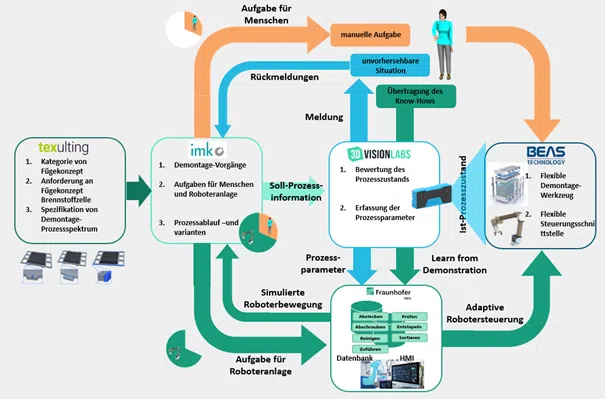
Partial results
Comprehensive research and practical experience were used to define requirements for the design of fuel cell stacks suitable for dismantling. Together with the DuSwaP partners, manufacturing processes and functional principles of the components were examined in order to enable efficient assembly and disassembly planning. The assembly and disassembly of the open source stack OSS050 1.0 from Chemnitz University of Technology is presented as an example.
